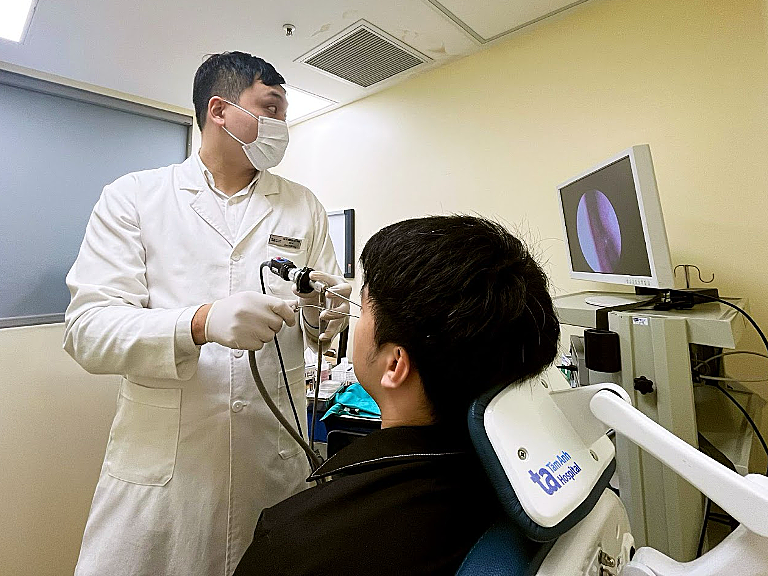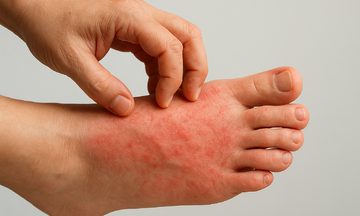Answer:
Sinusitis occurs when the mucous membranes lining the sinuses become inflamed and swollen, leading to fluid buildup. Symptoms include pain and numbness in the forehead, cheeks, and nose; a runny nose; constant sneezing; and nasal congestion. These symptoms can cause fatigue and significantly impact quality of life. Some individuals may also experience a low-grade fever, difficulty sleeping due to nighttime congestion, and a general decline in health.
Several factors can contribute to sinusitis, including improper air conditioner use, such as setting the temperature too low or having a large temperature difference between indoors and outdoors. This can make it difficult for the airways to adapt, leading to dry and damaged mucous membranes, creating an environment for bacteria and viruses to thrive. Air conditioners and fans that haven't been cleaned regularly can also harbor mold and dust, which are then dispersed into the air, directly affecting the sinuses and triggering flare-ups.
Exposure to irritants like dust, pollution, pollen, exhaust fumes, and smoke also creates an environment for infection, leading to recurring sinusitis. Individuals with allergies or sensitive mucous membranes are more susceptible to these recurring infections.
 |
A doctor performs an endoscopic examination of the nose and throat to check for sinusitis. Illustrative photo: Tam Anh General Hospital |
To prevent sinus infections from recurring, maintain a healthy diet and get adequate rest. Avoid allergens to protect your nasal mucous membranes and boost your immune system. Regularly rinse your nose with saline solution to remove dust, bacteria, and keep the mucous membranes moist. Drink room-temperature or warm water to avoid irritating your throat. When using air conditioning, set the temperature between 26 and 28 degrees Celsius and clean the unit at least twice a year to eliminate mold and dust. If you have a history of chronic sinusitis or sensitive mucous membranes, wear a mask outdoors to minimize exposure to smoke, dust, pollen, and other allergens.
Acute sinusitis can be completely cured with medication and proper care. In chronic cases, doctors often prescribe specialized medication for extended periods. If these treatments are ineffective, surgery may be recommended.
If you experience persistent symptoms like nasal congestion, thick yellow or green nasal discharge, and pain in the forehead or cheeks, seek medical attention promptly for diagnosis and treatment. This helps prevent complications and reduces the risk of the condition becoming chronic.
Associate Professor, Doctor Le Minh Ky
Head of Otolaryngology
Tam Anh General Hospital, Ha Noi
| Readers can submit questions about ear, nose, and throat conditions here for doctors to answer. |












